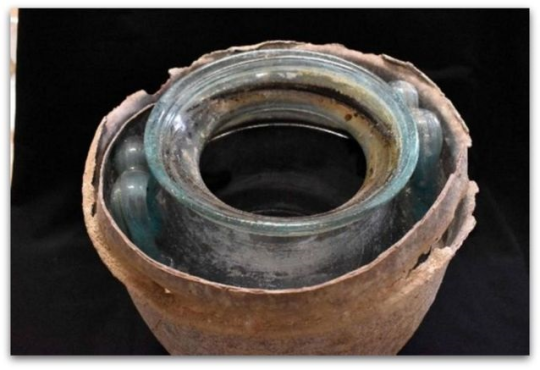

In addition to economic, environmental and social benefits for the EU, the regulation will contribute to greater road safety in third countries.
If the proposal presented by the European Commission on Thursday goes through, old, derelict cars could no longer be sold outside the EU and contribute to unsafe roads and environmental pollution in third countries, but would instead have to be recycled.
In the coming years, more and more zero-emission cars will hit the market, which will increase the demand for valuable primary materials. Today’s proposal will ensure the recycling and reuse of as many of these materials as possible, giving new life to our car components and significantly reducing the environmental footprint of road traffic, said Commission Executive Vice-President Frans Timmermans, responsible for European Green plan.
The Commission has proposed a regulation that would replace the existing directives on end-of-life vehicles and on reuse and recycling. The commission claims the new regulations will lead to an annual reduction in CO2 emissions of 12.3 million tonnes by 2035, better valorization of 5.4 million tonnes of materials and increased reuse of key raw materials.
The implementation of the regulation will lead to long-term energy savings in the production phase, reducing dependence on imported raw materials and promoting sustainable and circular business models, the Commission says.
In addition to the economic, environmental and social benefits for the EU, the regulation will contribute to greater road safety in third countries by preventing the export of end-of-life cars and reducing pollution in countries that import such cars. Every year, more than six million vehicles end their life in Europe.
The automotive industry will become the largest consumer of the key raw materials used in the permanent magnets of electronic motors in Europe. Therefore, strengthening the EU’s resilience to supply chain disruptions and reducing its dependence on imports of these raw materials is key to the transition to zero-emission vehicles.
Under the proposed new regulation, car manufacturers will have to provide clear and detailed instructions on vehicle disassembly and how to replace and remove parts and components during use and at the end of a vehicle’s life. At least 25 percent of the plastic in new cars will have to come from recycling, and of that at least 25 percent must be recycled from end-of-life vehicles.
The scope of these measures will gradually be extended to new categories such as motorcycles, trucks and buses, ensuring more comprehensive coverage.
The EU Council and the European Parliament are now deciding on the Commission’s proposal.








